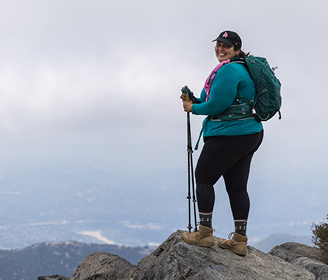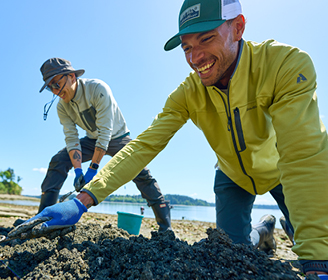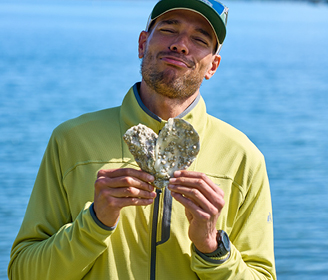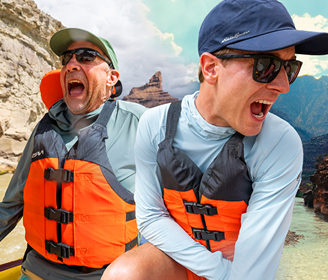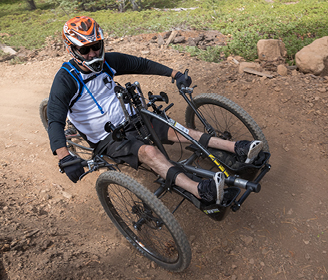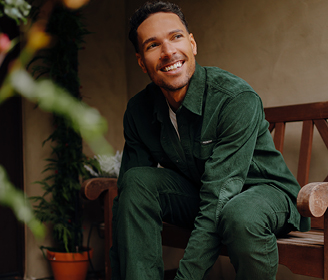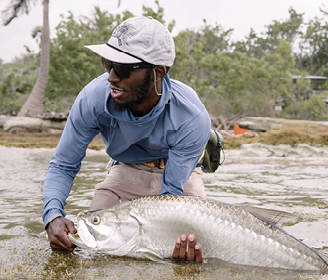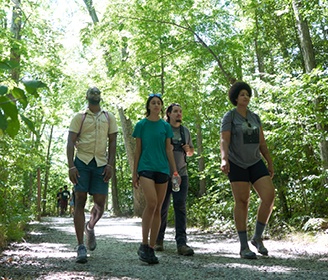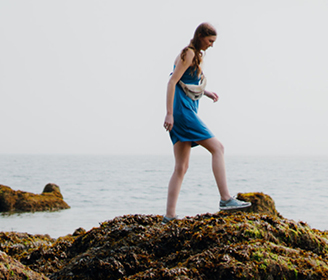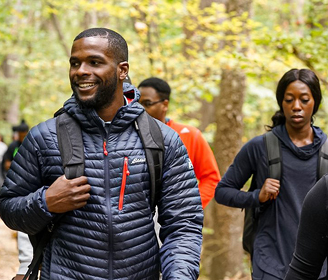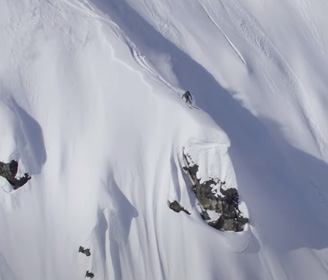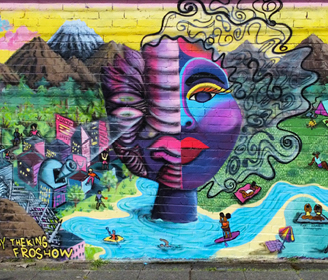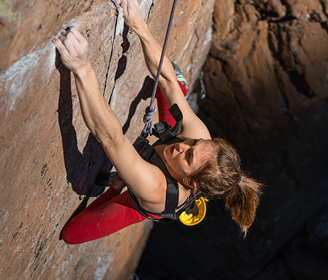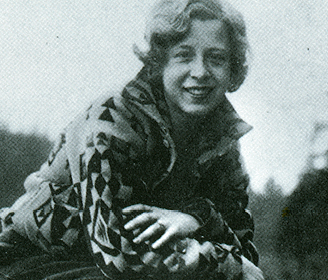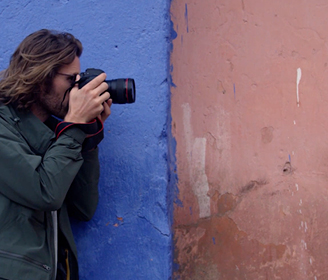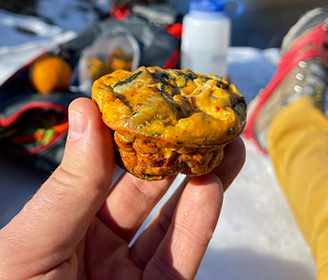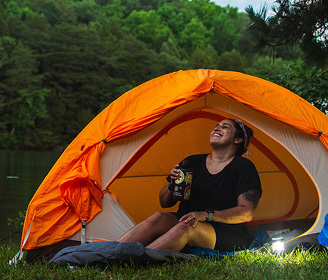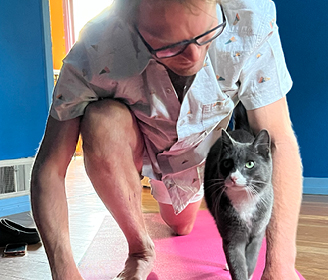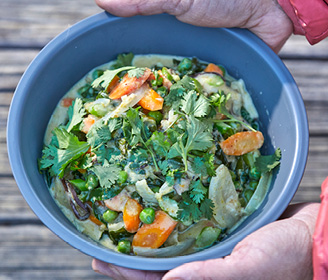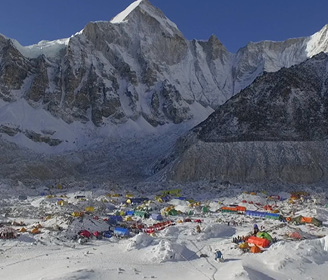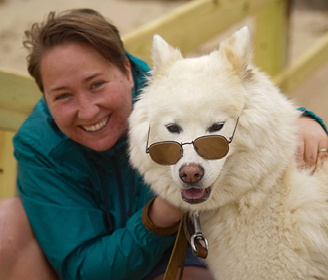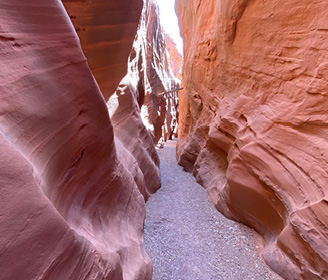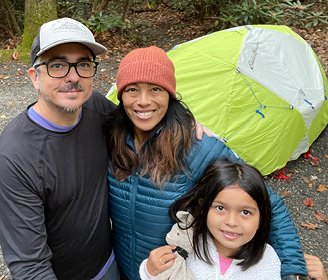By: Samara Almonte
As much as we want to believe that the outdoors is “color blind” when it comes to racial injustices that exist in our society’s current structure, the reality is racial discrimination flows into all aspects of our lives, including nature. For example, you can take a look at the hard data showcasing the percentage of people of color (POC) that visit national parks annually, or the percentage of POC who have access to recreating in the outdoors and realize just how unlikely it is for you to encounter a non-White person while hiking or camping. But numbers are not enough, we can also take a look at the hundreds of stories documented by POC that experience some form of racial discrimination while recreating in the outdoors, especially Black and Indigenous people. Starting with the fact that thousands of Indigenous people have been displaced from their ancestral lands across time in order for the rest of us to “recreate” on those lands.
What can be done for Black, Indigenous, and People of Color (BIPOC) to feel safe and reconnect with their relationship to the outdoors? There are many actions that can be taken, but most importantly I believe we need to focus on the joy and community we can experience as BIPOC in the outdoors to counter our traumatic histories with nature. Refuge Outdoor Festival has been providing that experience since its inception. During the month of August, I got to attend the 5th annual Refuge Outdoor Festival for the first time while glamping from the comfort of my Cabana van. Refuge is a 3-day camping weekend centered and led by BIPOC including workshops on topics ranging from social justice, healing, art, and recreation activities for varying levels of experience.
Refuge provides you with the opportunity to make friends fast while you pitch a tent on an open field, or you can choose a more private setting by reserving a campervan/RV or car camping space. Since it was my first time attending Refuge and I was traveling alone, having the privacy of my Cabana van allowed me to power-up my social battery in the comfort of a queen-size bed, before venturing back into the festival. This is definitely one of the most underrated benefits of traveling with Cabana into high social settings like a multi-day outdoor festival.
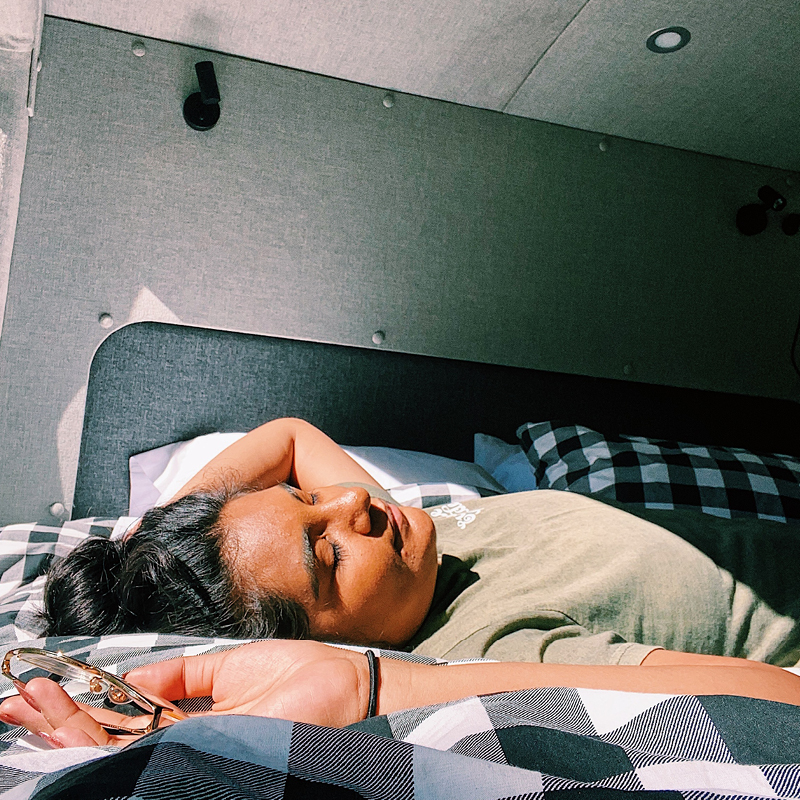
If you are feeling overwhelmed with socializing, you can head back to your Cabana, take a quick shower, and snuggle up in bed to take a power nap or wind-down while watching your favorite show on the Smart TV. We all have different thresholds for socializing with new people, and it’s important to center your needs and nourish yourself to feel open to being in community.
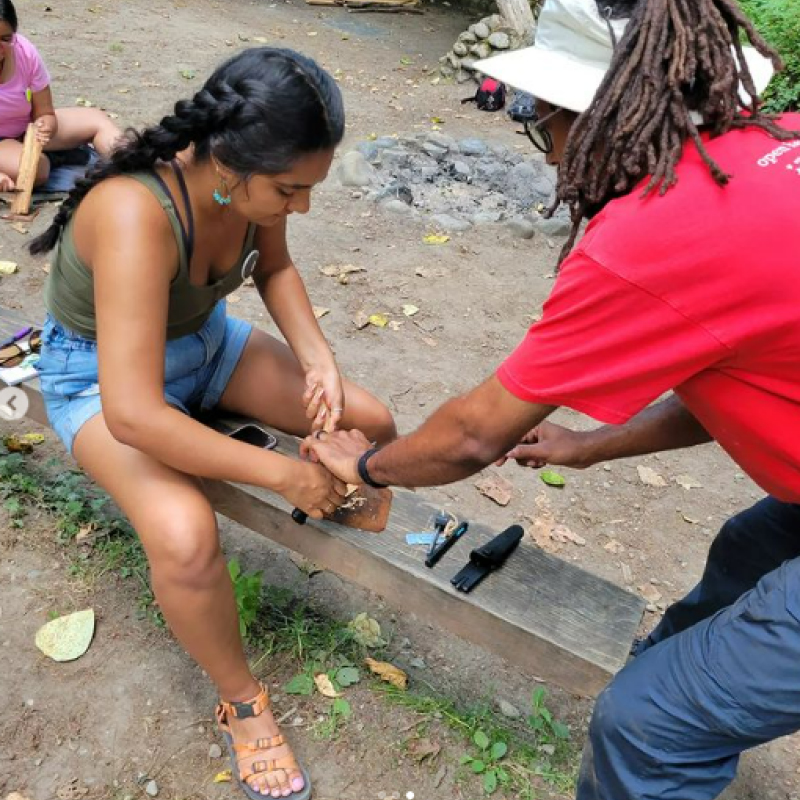
The best part of attending Refuge for me was the variety of workshops. I was able to spend time learning wilderness skills such as fire building with modern technology and also connecting with other women of color and femmes over our shared healing power. During the evenings there was an opportunity for us to connect over dance, meditations, and media that centers on the beauty and joy of BIPOC in the outdoors.
Thanks to all the additional storage space included in the Cabana van, I was able to bring multiple outfits to transition through the day’s activities. Because Refuge was during such a hot weekend, it was great to have the ability to go back into the van and change clothes as needed to survive the heat and then cozy up as the wind kicked in during the evening activities. I brought a duffel bag full of my clothes, 2 sandals, and 1 pair of hiking tennis shoes, all of which were stored in the spacious closet space of the van.
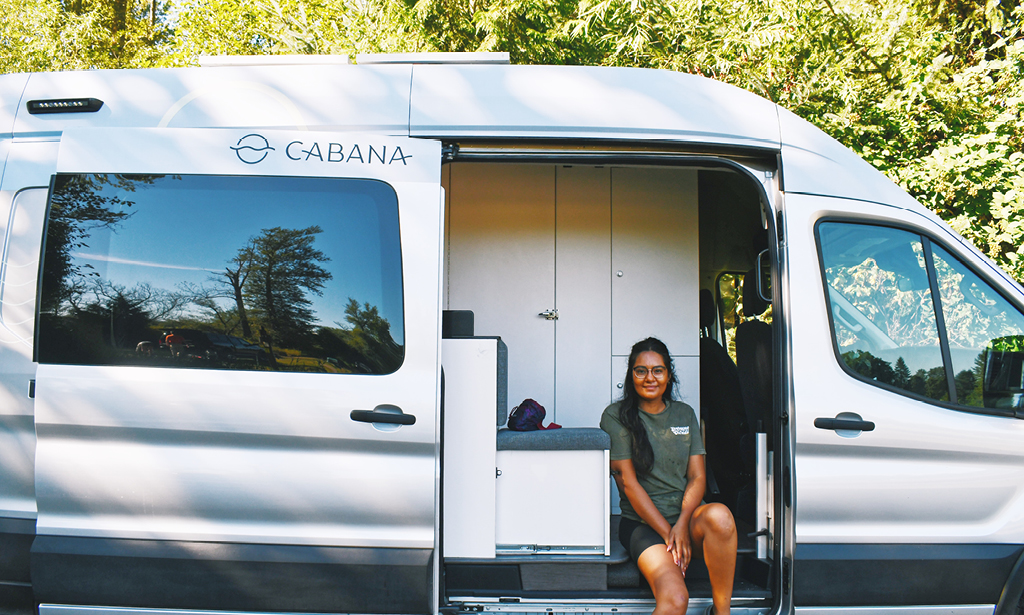
Throughout the festival, I felt a sense of comradery and familiarity amongst strangers, as we greeted each other with a smile and warm embraces throughout the weekend. However, the most common thread I found among all participants despite our racial and ethnic backgrounds was the desire to be in community over food. Although I was fully equipped to cook all my meals using the outdoor kitchen included in the Cabana, I only ended up cooking breakfast for myself. Because every time I was on my way to whip up some lunch or dinner, a new group of people were calling me over to join them for a meal. We shared laughs, stories, and dreams of a future for BIPOC reconnecting with the outdoors over these meals. Those communal meals were some of the memorable moments of Refuge for me. However, I also enjoyed the peacefulness I experienced waking up and cooking a small breakfast for myself using the van’s kitchen. Preparing coffee and taking that first sip in the morning is ceremonial for me. Once again, I loved the duality of having a Cabana with me at Refuge; I could wake up, stretch, and gather myself before opening myself up to those around me.
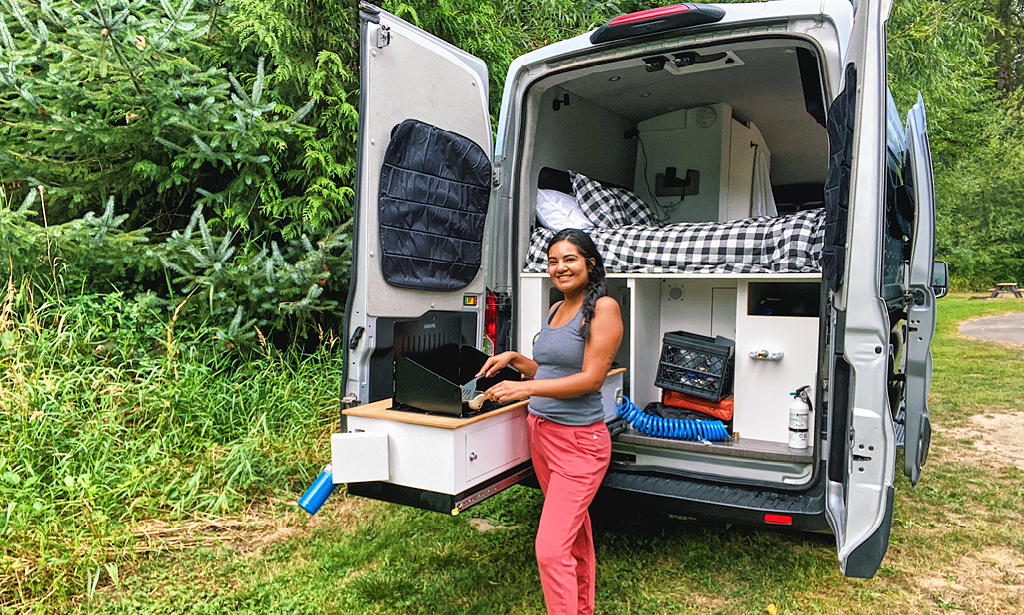
I am looking forward to seeing more BIPOC take advantage of the comforts of the Cabana van to explore the outdoors. It can provide a sense of safety and rest that we often don’t have the privilege of in this society. As we venture outdoors in search of reconnecting with ourselves, our ancestors, and our communities, we can do so at our own pace and with the amenities necessary for stress-free traveling. And I hope that next year when I attend Refuge, I won’t be the only one pulling up on my Cabana van bumping some reggaeton. Because we all deserve to #MeetOutside in community.


